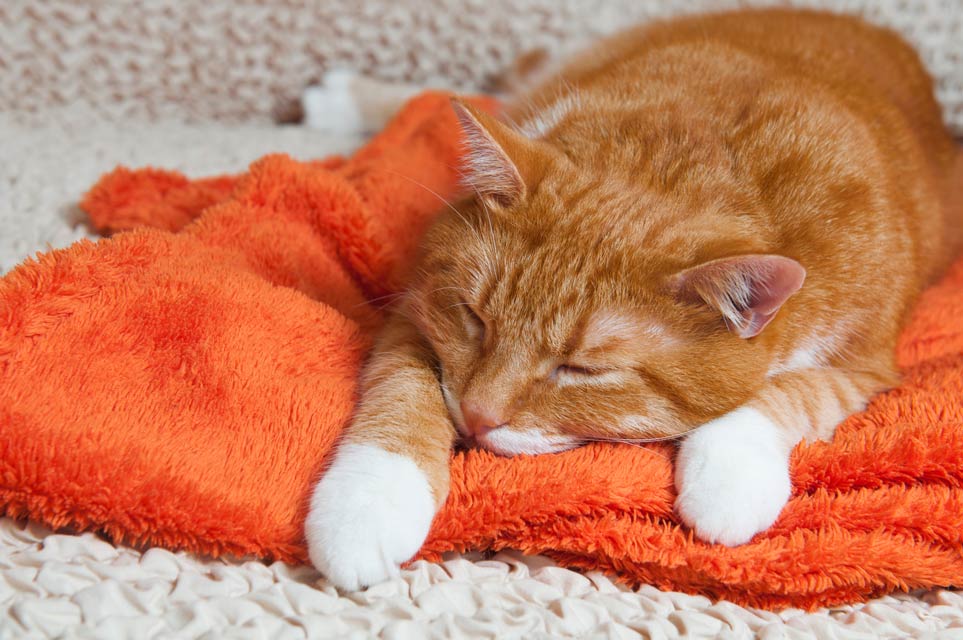Bite Wound Abscesses in Cats

An abscess is an infected pocket under the skin. Cats most often suffer from abscesses when they go outside and have a fight with another cat or when they fight with a feline housemate. Cat bite wounds are incredibly likely to cause abscesses. When a cat's tooth, laden with bacteria, pierces another cat's skin and deposits that bacteria there, the skin usually heals over quickly, sealing in the infection. When the cat's immune system can't clear the bacteria out fast enough, the result is an abscess.
Signs of Bite Wound Abscesses in Cats
A cat that is suffering from an abscess might show some of the following signs:
- Limping
- A painful lump or swelling somewhere on the body
- An area of hair loss (this doesn't happen until later in the process)
- Oozing from an area of the skin
- Licking or chewing excessively at one spot
- Foul odor
- Lethargy
- Fever
- Drastically reduced or absent appetite
Often, the first signs of bite wound abscesses are vague. A lump or swelling doesn't appear immediately, but fever and lethargy often do.
A veterinarian will make the diagnosis of a bite wound abscess in a cat by taking a history from you, determining that the kitty goes outside or fights with housemates, and doing a thorough exam. Often, a vet can find the swelling related to the abscess even while it is still tiny.
Treatment of Bite Wound Abscess in Cats
Abscesses rarely heal by themselves, and the infection inside them can spread, leading to life-threatening sepsis in some instances. Treatment is usually needed to get rid of an abscess.
Treatment of bite wound abscesses in cats includes some or all of the following:
- Lancing of the abscess and flushing with sterile saline
- Sometimes, a drain is placed to continue removing infectious material as it forms
- Antibiotics, parenterally or orally, are given to fight the infection
- Surgery may be necessary to remove dead tissue in the case of a severe or lengthy infection
- Hospitalization for intravenous fluid and antibiotic therapy may be required in severe cases
If the cat received the bite wound while outside, the owner must be concerned about the cat having also been exposed to one of the deadly feline viruses: FeLV or FIV. Additionally, rabies may be a concern in some areas.
Quarantine, rabies booster vaccination, and/or testing for FeLV and FIV periodically might be necessary as part of the ongoing medical monitoring of a cat that was bitten by an unknown outdoor cat.

